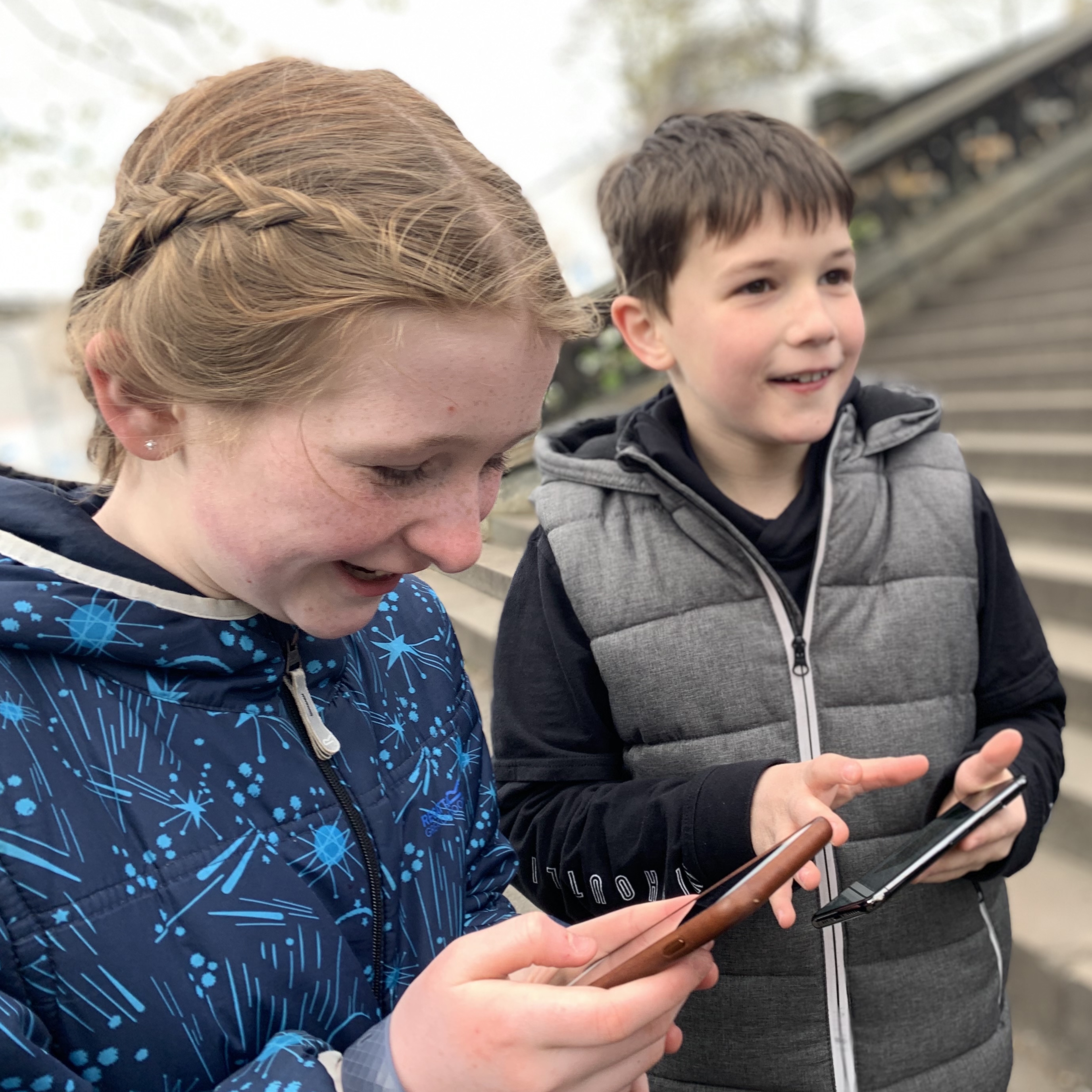Young people can use their digital rights to hold those in power to account. In a time of crisis, that matters even more
13 May 2020
Children increasingly share their creative work, writing and beliefs online. While the internet offers opportunities to communicate with new audiences and build communities, Scottish PEN's Project Manager Lisa Clark argues that this must go hand in hand with education about digital rights, censorship and surveillance
As citizens, young people’s freedom to express themselves and speak out against injustice without state intervention or censorship is crucial to a free society.
We know that young people value these freedoms. From TikTok and Instagram to smaller journaling and blogging sites, millions of young people have found digital spaces for self-expression and creativity in recent years. YouTubers vlogging about their daily experiences have become cultural icons and for any young person with a smartphone, it’s easier than ever to find a platform for art or activism.
During unprecedented times of political and societal upheaval, young people also have been at the forefront of digital and grassroots campaigning, calling for action on climate change, voting rights, and recognition of their identities. The commitment to civil rights and global justice demonstrated time and again by young people is outstanding and must be protected.
However, in this time of increased public exposure and rapid blurring of the digital world with daily life, it is essential that the education young people receive about their rights as citizens addresses issues of technology, censorship and surveillance.
We have an opportunity in the classroom to build a strong sense of citizenship and autonomy around these issues. From asking how our freedom of expression might be jeopardised when the people controlling the platforms we use are not accountable to the public, to thinking about how much of our personal information is being stored, sold and shared without our knowledge, there’s a lot to explore.
Young writers might be interested to learn the stories of writers who have been imprisoned in countries across the world for speaking truth to power. For young human rights advocates, discovering that current surveillance legislation in the UK allows the government to record what we do (from which websites and apps we access to which sporting events we attend) might spark activism.
No matter where young people’s interests lie, cultivating an understanding that all citizens deserve to be engaged in decisions that could impact their rights can never start too early.
Particularly at a time when public scrutiny is decreased, and governments are enforcing sweeping changes to legislation in response to global crises like COVID-19, it’s important that children and young people are equipped with the tools they need to demand more from those in power.
Writers and other artists can play a key role in facilitating these conversations. At Scottish PEN, we led a project called PEN Power, which brought writers into schools to explore issues around freedom of expression. These creative workshops helped pupils to better understand that rights aren’t always guaranteed and build a sense of solidarity with young people across the world.
Whatever the method, educators should explore creative ways to nurture the interest young people already have in the digital world and build a strong foundation of knowledge about their rights. By ensuring that young people understand the need to hold governments to account and remain active citizens, we can avoid the possible erosion of their rights in the future.
If you work for an education body or young people’s organisation that is exploring digital rights issues, Scottish PEN would love to hear from you.
Lisa Clark is Project Manager at Scottish PEN, a charity working to promote literature and defend free expression.
Lisa can be reached at lisa@scottishpen.org
Click here to find out more about Scottish PEN
If you’re under 26 you can become a Scottish PEN member for £15. Follow Scottish PEN on Twitter at @scottishpen, and on Instagram at @scottish_pen.


Participation Guidelines
Our publication can help children's voices to be at the heart of participation work
Click to download
5Rights
5Rights takes the existing rights of children and young people, and articulates them for the digital world
Click to find out more